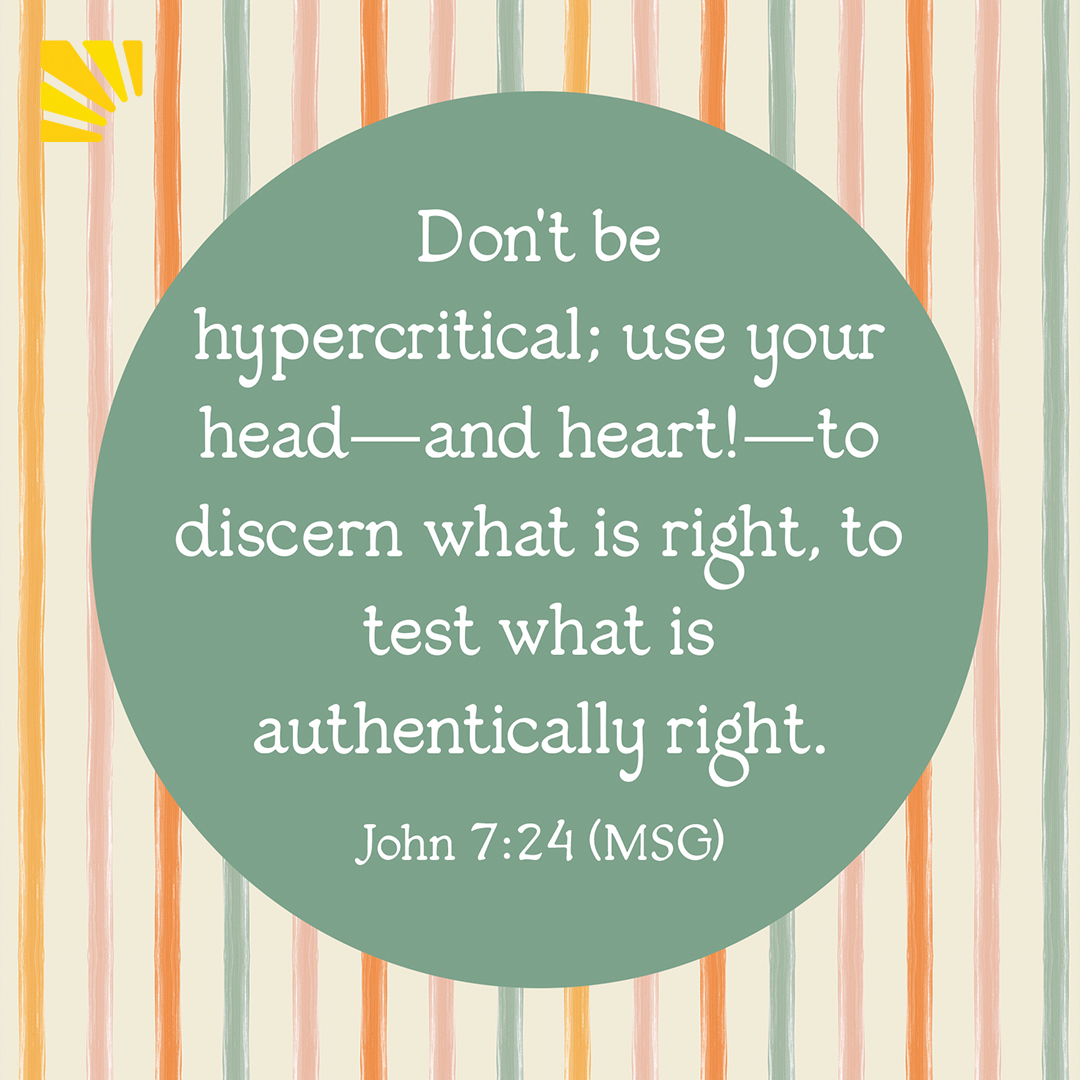
“For everything, absolutely everything, above and below, visible and invisible . . . everything got started in him and finds its purpose in him.” Colossians 1:16 (MSG)
What’s your worldview? In other words, what lens do you use to look at the world around you? Yesterday we looked at a few worldviews that are popular in today’s culture—materialism, individualism, hedonism, and pragmatism—and the counter worldviews that God offers. Today let’s look at a few more.
Naturalism. Another word for naturalism is atheism. Naturalism says God doesn’t exist—or, if he does exist, he doesn’t matter. Naturalists believe that everything in life is a result of random chance. The naturalist says, “We’re all accidents of nature. There is no grand Creator. There is no grand design. There is no God.”
But let me let you in on a little secret: If God doesn’t exist or doesn’t matter, then you don’t matter. That’s the logical, rational conclusion of that worldview. Your value comes from the fact that God thought you up, created you, and loves you.
The Bible says, “There are things about [God] that people cannot see. . . . But since the beginning of the world those things have been easy to understand by what God has made” (Romans 1:20 NCV). In other words, when we look at nature—instead of seeing that God doesn’t exist—we learn what God is like. We learn he’s creative, powerful, and organized; we learn he likes variety.
Humanism. Humanism says you’re in charge of your own life—that you’re the master of your own fate. And while most people wouldn’t say they worship themselves, when you believe you’re the center of it all, that’s basically what’s happening. For a humanist, you’re the center of your own universe.
The Bible says, “They exchanged the truth about God for a lie, and worshiped and served created things rather than the Creator” (Romans 1:25 NIV). That’s what the humanist does.
Theism. Theism says that there is a God and he made you for his purposes. This is the worldview the Bible teaches. “Theism” comes from Theo, the Greek word for “God.”
The Message paraphrase says, “For everything, absolutely everything, above and below, visible and invisible . . . everything got started in him and finds its purpose in him” (Colossians 1:16). Look at that verse again. Everything—absolutely everything—was created by God, for a purpose.
All day, every day, so many worldviews compete for your allegiance. But the truth is that you were made by God and for God. Embrace that fact—and soon you’ll find that life makes sense.
Even when you’re a Christian, popular worldviews can be appealing. Are you more tempted by naturalism or humanism? Why?
When you look at nature, what evidence of God’s existence do you see?
How does life make most sense when you realize you were created by God and for God?
Other Recommended Devotionals
VIEW ALL DEVOTIONALS










